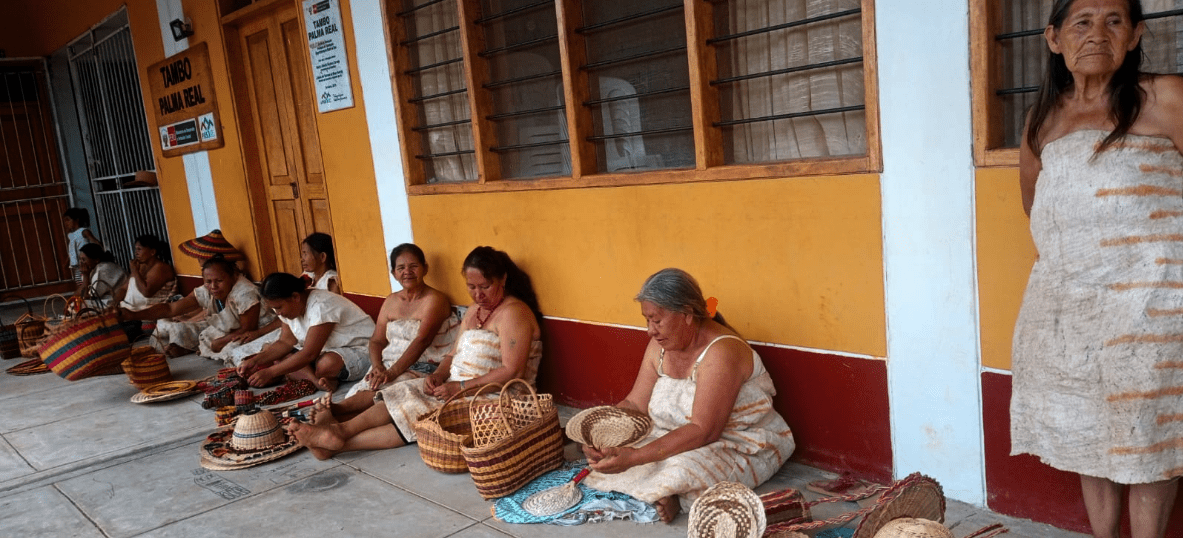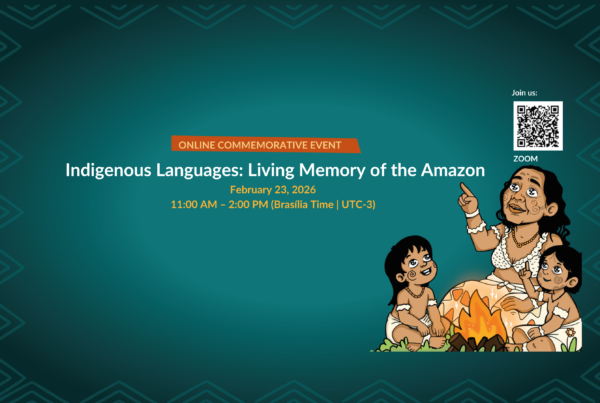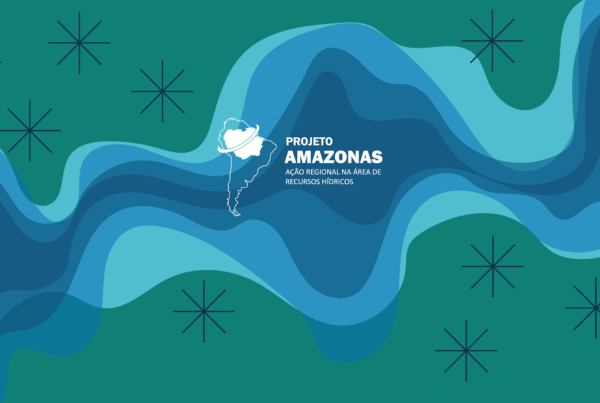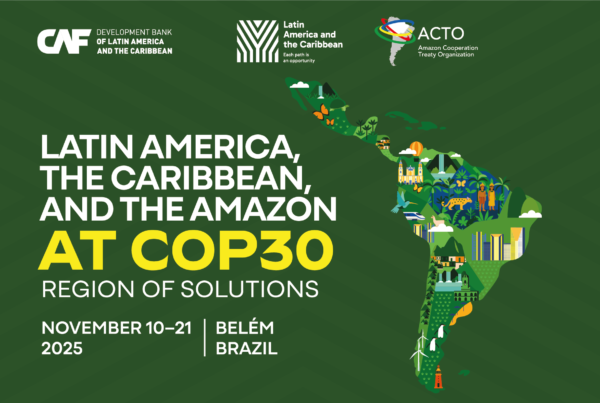The United Nations (UN) celebrates today, August 9, the International Day of the World’s Indigenous Peoples. The “Working Group for Indigenous People” under the auspices of the UN Commission on Human Rights began in 1982 and was adopted in New York on September 13, 2007 during the 61st session of the United Nations General Assembly. This declaration is preceded by the Convention 169 of the International Labour Organization (ILO) and Convention 107, which recognize the collective rights of these peoples.
Indigenous women are the pillars of indigenous peoples and play a crucial role in the preservation their languages and the transmission of traditional knowledge, where they play the integral role in their community as guardians of natural resources and defenders of the lands and territories and collective rights of indigenous peoples around the world.
The millenary wisdom of more than 500 indigenous peoples living in the Amazon contributes to the conservation, protection and sustainable use of forests, biodiversity, and specially their value and resilience capacity to climate change impacts.
In line with the mandates of the Amazonian Strategic Cooperation Agenda, which focuses on Indigenous Peoples in Isolation and in Initial Contact, and the value of traditional knowledge, the ACTO celebrates the International Day of Indigenous Peoples, with the commitment to continue efforts and resources to emphasize the invaluable contribution of indigenous peoples to the Amazon biome and to the sustainability of the planet.
In this line, there are several contributions of ACTO, to materialize its commitment to Indigenous Peoples, which include:
The project “Contingency Plans for the Protection of Health of Highly Vulnerable Indigenous Peoples and in Initial Contact (PIACI)” to consolidate a cooperative action in the border territories of the Amazon River basin and generate a favorable context to mitigate the impacts of COVID-19 and the threats of emerging and endemic tropical diseases of highly vulnerable indigenous peoples living in nested areas, with special emphasis on PIACI and surrounding populations.
The Project for the “Creation of an Amazon Regional Platform of Indigenous Peoples within the framework of ACTO” implemented with the support of the European Union, through the program EUROCLIMA+ aimed at improving the understanding, particularly, of the decision-makers on the value of indigenous knowledge to address climate change in the Amazon region. In this way, indigenous knowledge and practices may be included in the design of public policies, activities, and projects related to climate change mitigation and adaptation in the ACTO Member Countries.
The Rapid Assessment of Biological Diversity and Ecosystem Services in the Amazon Region is an instrument developed with the technical support of the Alexander Von Humboldt Biological Research Institute and more than 120 authors ad honorem, including indigenous authors. It is an innovative tool that integrates the indigenous theme transversely throughout the document, and also has a chapter dedicated to this subject which reflects all the voices of the Amazon.
These efforts, along with others, aim to recognize the importance of indigenous peoples’ traditional knowledge: “Long before the development of modern science, indigenous peoples have developed their ways of knowing how to survive, and also they have their ideas about meanings, purposes and values”. As the Special Rapporteur on Indigenous Peoples pointed out, the term “scientific knowledge” is also used to emphasize that traditional knowledge is contemporary and dynamic, and of equal value to other types of knowledge (UN, 2022).
The recognition of the value of the biological and cultural diversity of the Amazon and, in particular, the value of indigenous peoples to the conservation and sustainable use of the Amazon forest; health actions to face the emergency of the Covid-19 and the invaluable knowledge of plants for traditional medicine, in addition to the knowledge that contributes resilience to climate change, are important arguments that encourage to continue developing actions towards the inclusion of indigenous peoples in programs and projects that support initiatives devoted to protect their rights, and to improve their participation capacity in all initiatives towards the great global goals that humanity has set with the 2030 Agenda and the Paris Agreement.



